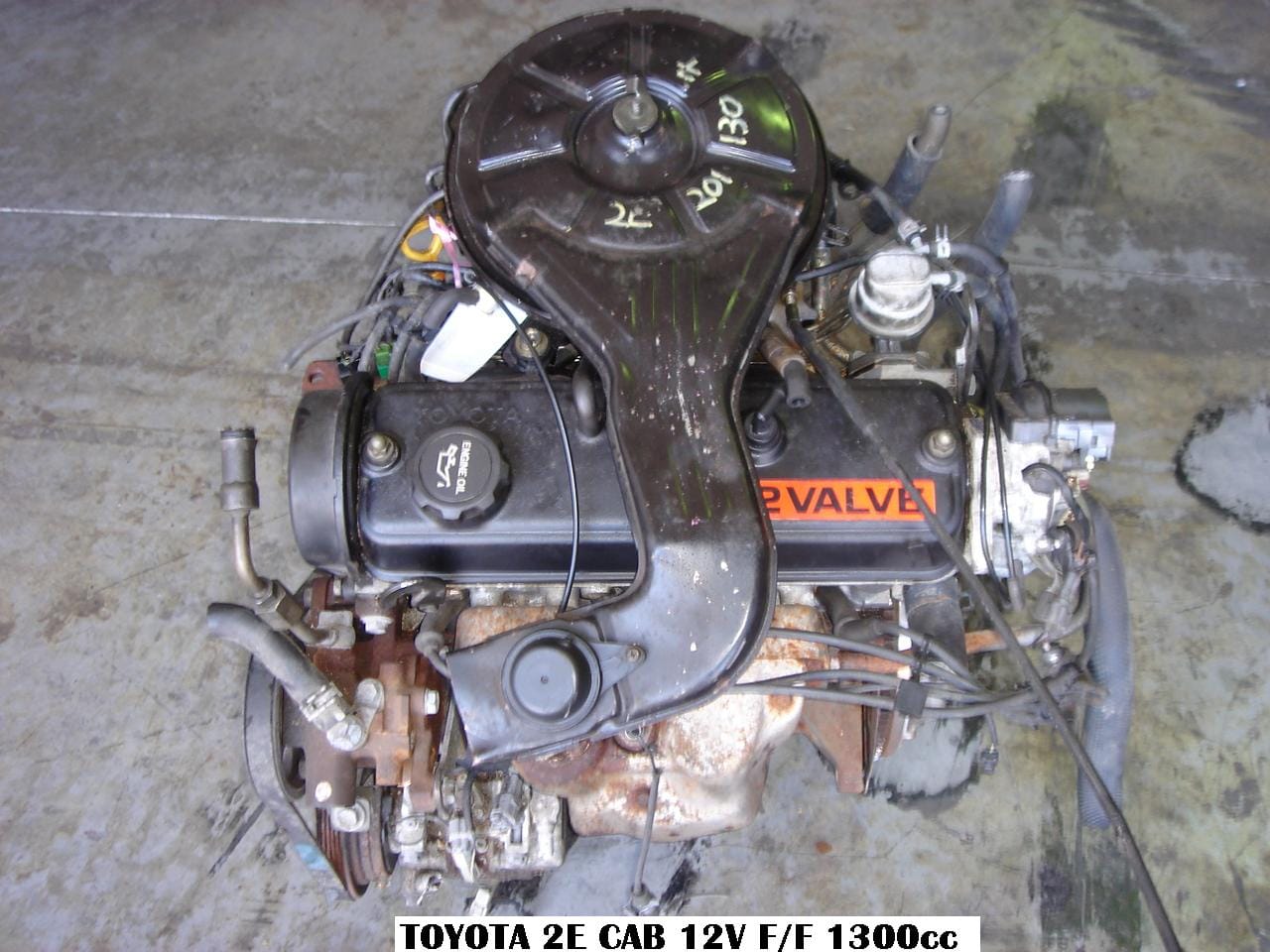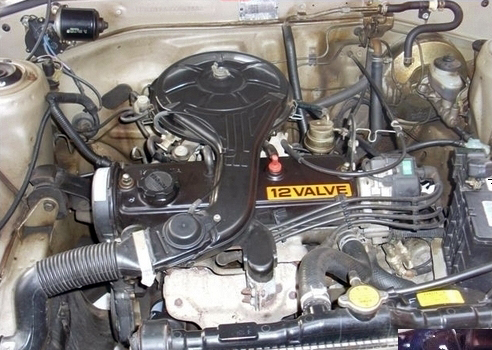Engine Buying Expert Tips on Selecting the Right Engine for Your Particular Requirements
Choosing the ideal engine for your certain demands entails an intricate interaction of variables that exceed mere horse power numbers. From power result to sustain performance, the decision-making procedure can be daunting. Understanding the nuances of engine types, sizes, and their compatibility with your automobile is crucial. There are skilled ideas that can assist navigate this terrain with self-confidence. By diving right into the ins and outs of power versus effectiveness, assessing fuel rankings, and budgeting for lasting prices, one can absolutely maximize their engine option.
Power Vs. Efficiency: Locating the Balance

When selecting an engine, it is essential to strike a balance in between power and effectiveness to satisfy your specific demands properly. Power refers to the engine's ability to produce power for propulsion, identifying factors like velocity, pulling capacity, and total efficiency (Toyota Tazz Engine For Sale). On the other hand, performance associates to how well the engine utilizes gas to generate power, influencing aspects such as fuel economy and ecological friendliness
Attaining the best equilibrium between power and efficiency is crucial since an engine that is too powerful might take in too much fuel, bring about higher operating expense and unnecessary pressure on the environment. Alternatively, an engine that prioritizes performance over power may lead to sluggish efficiency, particularly popular situations like lugging hefty loads or driving uphill.
To make an educated decision, take into consideration elements such as your regular driving conditions, the intended usage of the vehicle, and your individual preferences. By evaluating your needs and priorities, you can choose an engine that strikes the perfect balance in between power and efficiency, making sure optimum performance while reducing ecological influence and operating expense.
Comprehending Engine Dimension and Kind

Additionally, engine type plays an important function in establishing the efficiency features of an engine. Usual engine kinds consist of inline engines, V engines, and rotating engines, each with its special benefits and downsides. The engine kind impacts aspects such as the engine's dimension, weight circulation, and power distribution. Comprehending the interaction in between engine size and type is important in selecting an engine that aligns with your specific needs and priorities, whether it be power, efficiency, or an equilibrium of both.
Consider Your Lorry's Demands
Considering your automobile's demands is a fundamental action in the engine selection process to go to website make sure optimal performance and capability. It is important to examine factors such as the planned use of the lorry, its weight, hauling ability, and fuel performance needs. As an example, if you are searching for an engine for a sturdy truck that will be made use of for towing, you will require an effective engine with high torque abilities. On the other hand, if you are choosing an engine for a portable vehicle largely used for city commuting, gas efficiency may be a much more essential element to think about.

Examining Fuel Effectiveness Scores
Examining fuel effectiveness ratings is go to the website an important element of selecting the right engine for your vehicle, ensuring cost financial savings and ecological sustainability. Fuel efficiency ratings, typically gauged in miles per gallon (MPG) for fuel engines or kilowatt-hours per 100 miles (kWh/100 miles) for electric engines, indicate how much a vehicle can take a trip on a details amount of fuel or power. Greater MPG or lower kWh/100 miles worths symbolize a lot more efficient engines, converting to minimized fuel prices and reduced carbon emissions.
In addition, compare various engine options within the exact same vehicle class to recognize the most economical option. Factors such as engine size, weight, the rules of aerodynamics, and hybrid or electric capacities can all influence gas efficiency.
Budgeting for Long-Term Expenses
Purposefully preparing for lasting expenses is essential when selecting an engine, making sure financial sustainability over the automobile's life-span. While the initial purchase cost of an engine is a significant element, it is vital to consider the long-lasting prices connected with upkeep, fixings, and fuel usage. Selecting a more fuel-efficient engine may have a greater ahead of time expense yet can cause considerable financial savings in time. Routine maintenance, such as oil adjustments, filter substitutes, and tune-ups, is vital to maintain the engine running efficiently and effectively, minimizing the threat of pricey fixings down the line.
Additionally, researching the schedule and expense of replacement parts for the picked engine is crucial in budget preparation. By meticulously budgeting for these lasting expenditures and factoring them into the decision-making procedure, people can pick an engine that not just meets their prompt needs but additionally remains cost-effective throughout its life-span.
Final Thought
Finally, selecting the ideal engine for why not try here your specific demands requires balancing power and effectiveness, understanding engine dimension and kind, considering your car's needs, assessing gas effectiveness rankings, and budgeting for long-lasting costs. By carefully thinking about these variables, you can make certain that you pick an engine that meets your needs and gives optimum efficiency for your automobile.
To even more fine-tune the choice procedure of an engine that strikes the optimum equilibrium between power and efficiency, it is necessary to dig into the details of understanding engine dimension and type. Engine size refers to the overall volume of air and fuel that can be pressed with the engine cyndrical tubes. Usual engine kinds consist of inline engines, V engines, and rotating engines, each with its unique benefits and disadvantages. Recognizing the interaction between engine dimension and type is crucial in choosing an engine that lines up with your specific needs and priorities, whether it be power, effectiveness, or a balance of both.
Fuel performance ratings, generally measured in miles per gallon (MPG) for fuel engines or kilowatt-hours per 100 miles (kWh/100 miles) for electrical engines, indicate how much a vehicle can travel on a specific amount of gas or electrical energy.